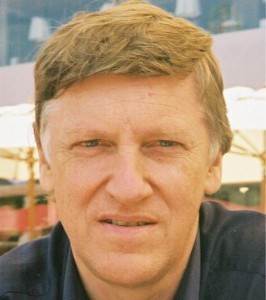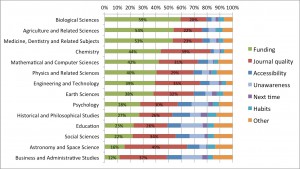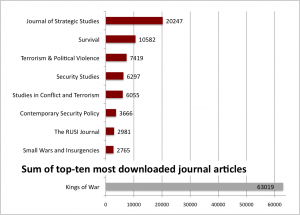
Top 40 Useful Sites To Learn New Skills
The web is a powerful resource that can easily help you learn new skills. You just have to know where to look. Sure, you can use Google, Yahoo, or Bing to search for sites where you can learn new skills, but I figured I’d save you some time.
Here are the top 40 sites I have personally used over the last few years when I want to learn something new.
- Hack a Day – Hack a Day serves up fresh hacks (short tutorials) every day from around the web and one in-depth ‘How-To hack’ guide each week.
- eHow – eHow is an online community dedicated to providing visitors the ability to research, share, and discuss solutions and tips for completing day-to-day tasks and projects.
- Wired How-To Wiki – Collaborate with Wired editors and help them build their extensive library of projects, hacks, tricks and tips. Browse through hundreds how-to articles and then add to them, or start a new one.
- MAKE Magazine – Brings the do-it-yourself (DIY) mindset to all of the technology in your life. MAKE is loaded with cool DIY projects that help you make the most of the technology you already own.
- 50 Things Everyone Should Know How To Do – While not totally comprehensive, here is a list of 50 things everyone should know how to do. It’s a great starting point to learn new skills.
- wikiHow – A user based collaboration to build and share the world’s largest, highest quality how-to manual.
- Lifehacker – An award-winning daily blog that features tips, shortcuts, and downloads that help you get things done smarter and more efficiently.
- 100+ Google Tricks That Will Save You Time – Today, knowing how to use Google effectively is a vital skill. This list links out to enough Google related resources to make you an elite Google hacker.
- Instructables – Similar to MAKE, Instructables is a web-based documentation platform where passionate people share what they do and how they do it, and learn from and collaborate with others as the tackle new projects and learn new skills.
- Merriam-Webster Online – In this digital age, your ability to communicate with written English is paramount skill. And M-W.com is the perfect resource to improve your English now.






